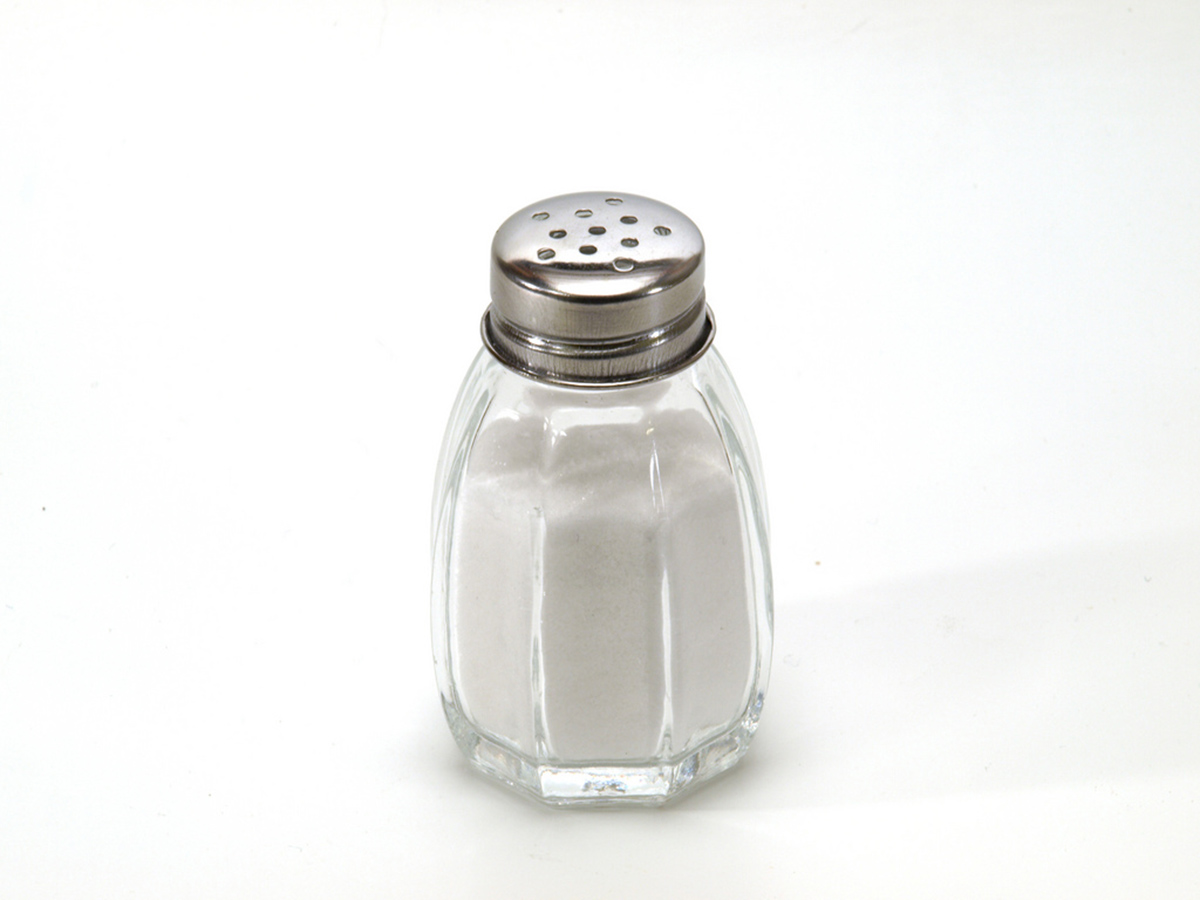Table of Contents
Salt
Common wisdom dictates that excess salt consumption is one of the primary causes of abdominal bloating. Most people would be wrong, however: the associated "water weight" tends to stick around the feet and ankles rather than the abdomen. At the same time, however, the processed foods so many of us rely on contain more sodium than you could ever imagine without specifically looking it up. You definitely shouldn't be consuming more than 2,300 mg of sodium daily — and that's very much the upper limit.
Not only will cutting back on salt potentially decrease your bloating, it's definitely good for your overall health.

Prevent Constipation
Most of us get constipated sometimes, and a lack of fiber in our diet is usually the cause. Eating plenty of fiber is really beneficial for your overall health, reducing your risk of heart disease, bowel cancer, stroke, and type 2 diabetes. It also helps your digestive system run smoothly so you can keep constipation and resulting abdominal bloating and discomfort at bay.
To up your fiber intake, make sure you get your five portions of fruit and veg a day. Mind you, avoid eating too many of those notorious "gassy" foods if you are already bloated. Also, start the day with a fiber-rich cereal breakfast and consume whole-grain products whenever you can.
Eating Smaller Meals More Often
Sometimes, abdominal bloating is the result of nothing more than eating too much, but not often enough. The popular template of eating three big meals a day simply doesn't work well for everyone. Why not try switching over to four or even five smaller meals a day for a while, and seeing whether it makes any difference to the state of your abdomen? This way, you can get the nutrients and calories your body depends on without over-extending your stomach at any given time.
READ Ten Home Remedies for Gas, Flatulence, and Bloating
Bloat-Fighting Foods
If you want some extra bloat-fighting super powders, you could always, as well as avoiding things that make you bloated, take some proactive steps. Pineapple, water melon, garlic, probiotic yogurt, and citrus fruits all have properties that cause them to aid digestion in such as way as to prevent bloating. Water, again, is another simple yet powerful anti-bloat agent.
Could You Have A Medical Condition?
So, you've tried all the previous tips and you are still bloated? Under normal circumstances, that shouldn't happen. Persistent abdominal distention despite taking steps to avoid it could signal a more serious condition like irritable bowel syndrome, celiac disease, food allergies or intolerances, or even ovarian cancer. In this boat, then, it's best to make contact with your family doctor as soon as you can for further diagnosis.
- Photo courtesy of Tobyotter https://www.flickr.com/photos/78428166@N00/14268677612/
- Photo courtesy of soraZG: www.flickr.com/photos/11939863@N08/3793288383/


Your thoughts on this